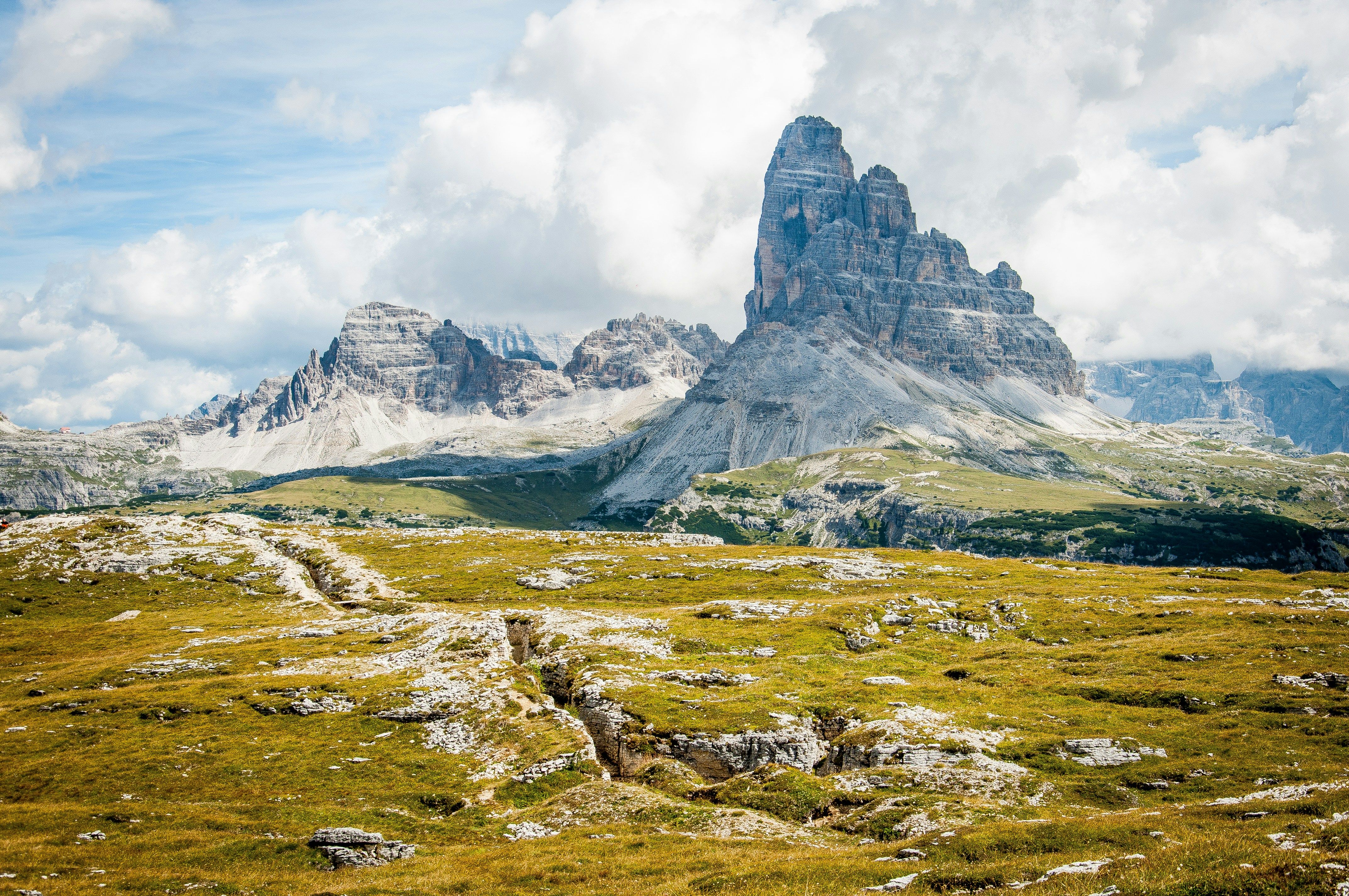The increasing influence of TikTok in political affairs.
Don't Miss a Beat: TikTok and Its Impact on Elections
Get ready to dive into the fascinating world of TikTok, a social media platform that's shaking up political landscapes across the globe. Here's a thrilling exploration of how this popular platform affects elections and why it should be on every politician's radar.
The New Age of Politics
Nowadays, traditional political speeches might be a thing of the past, as more and more young voters, particularly under 25, turn to platforms like TikTok for their political content[1]. With users spending an average of one and a half hours a day on the app, it's the perfect breeding ground for simple, catchy political clips.
But there's a dark side to this digital revolution. Far-right and populist politicians have seized the chance to exploit TikTok's reach to push their messages, as we'll soon see.
First Stop: Poland
Let's take a look at a shining example: Sławomir Mentzen, a 36-year-old accountant, skyrocketed to fame on TikTok, garnering millions of clicks before the Polish presidential election. His supporters, aged 18 to 25, don't seem to mind that his party's manifesto calls for anti-Semitic, homophobic, and xenophobic policies[1][2].
Next: Romania
In Romania, ultra-right presidential candidate Călin Georgescu surged in popularity thanks to a powerful social media presence, suspected to be backed by Russian support[3]. Although he was ultimately denied a spot in the election, the example illustrates the power that TikTok wields in shaping public opinion.
Advice for Politicians
Advisers have been urging politicians to get on TikTok and claim the stage for themselves, rather than leaving it to extremists and populists. Even veteran politicos like former US President Trump understand the value of TikTok's massive audience, despite his initial calls for a ban[3].
TikTok's Global Impact
Banning TikTok may seem like a reasonable solution, but as we've seen in Albania, there are ways around such bans. Downloads of VPNs have skyrocketed in Albania since the ban was implemented[4]. It's clear that politicians can't afford to ignore TikTok, but they must be cautious not to allow it to become their primary source of political information.
Navigating the Challenges
TikTok is not without its safeguards. The platform employs AI tools, human moderators, and regional task forces to stamp out misinformation and support fact-checkers to verify claims[5]. However, concerns remain about the platform's algorithmic amplification of polarizing content in high-stakes electoral environments[5].
Stay tuned for more updates on TikTok's ever-evolving role in the political arena and the challenges it presents for politicians and voters alike.
(our website, yes)
- Politicians are increasingly recognizing the potential of TikTok as a platform to reach younger voters, who are consumption more political content on social media sites like TikTok.
- The rise of far-right and populist politicians on TikTok has raised concerns, as some of these individuals have been known to push controversial messages and policies.
- Sławomir Mentzen in Poland and Călin Georgescu in Romania are two examples of politicians who have gained popularity through TikTok, with their support coming largely from the 18-25 age demographic.
- Despite calls for bans on TikTok in certain countries, users have found ways around these restrictions, such as using VPNs, highlighting the challenge for politicians in regulating the platform.
- While TikTok implements various safeguards, such as AI tools, human moderators, and regional task forces, to combat misinformation and polarizing content, concerns remain about the algorithmic amplification of such content in high-stakes electoral environments.









